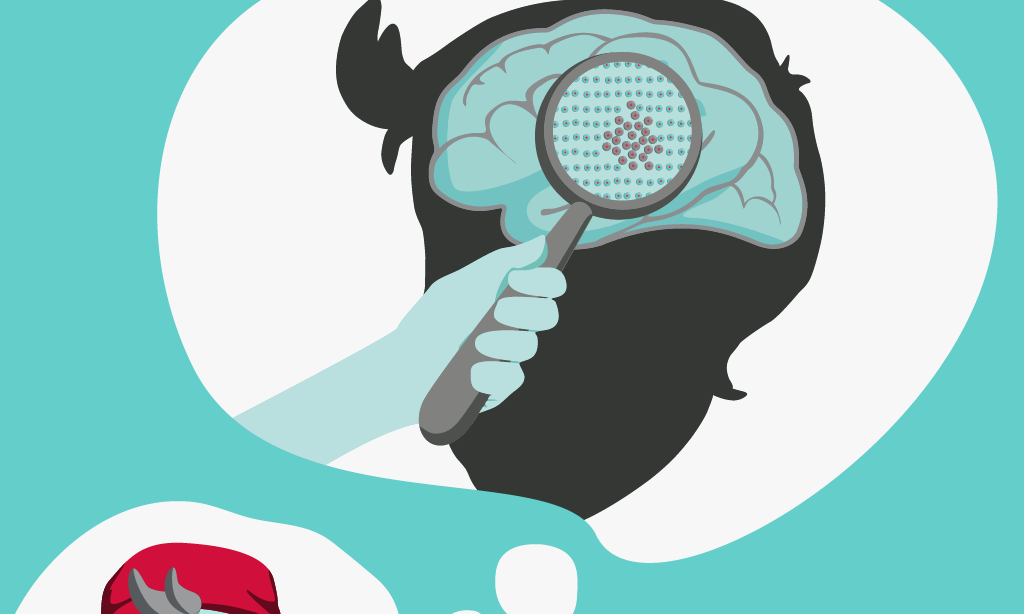Prepare yourself to support a child at school
It can feel daunting to know that you’re going to be supporting a child affected by a brain tumour at school. However, the support that you can offer will be invaluable across initial diagnosis, treatment, appointments (e.g. scans) and, importantly, into the longer term.
As well as the child and their family, their classmates will also need support. And, if you’re working in a secondary school, it will be important to make sure that the appropriate amount of information is passed to all those who work with the child, not just the Special Educational Needs (SEN) team.
To do all this, it will help to have an understanding of what a brain tumour is, and their potential treatments, impacts and side-effects. With a better understanding, you’re likely to feel increasingly more confident in how you can support the child.
It will also help to set up good communication with the child and their family.
It’s really important to remember that every journey with a brain tumour is unique and you can’t be expected to know everything.
Page contents
- Understanding brain tumours
- What is a brain tumour?
- Basic brain anatomy and related symptoms
- Childhood brain tumours
- Child treatment for brain tumours
- Common side-effects
- Ways to talk about a brain tumour with children: Jake Animations
- Education resources
- Supporting peers

Understanding brain tumours
Although a child may not look or appear different, the impact of a brain tumour can be enormous, and needs to be acknowledged. For example, there may be impacts on cognitive and/or communicative ability, mental health, and emotional welbeing.
Remember! The long-lasting impacts of a brain tumour can often be overlooked or misunderstood, due to the hidden nature of some of the difficulties. This can be a particular challenge for children with a low-grade tumour.
Below is a variety of useful web pages and fact sheets covering a range of topics to get you started:
(Please note that there’s also cancer-specific information that can offer additional tips and guidance for children with high grade brain tumours.)
What is a brain tumour?
Learn more about brain tumour biology, including what brain tumours actually are, how they’re graded and what this means.
Basic brain anatomy and related symptoms
Find out about the basic areas of the brain, and how a tumour’s location can cause specific symptoms. The presence of a brain tumour can damage healthy brain tissue, disrupting the normal function of that area. Therefore, the symptoms which a brain tumour causes, depend on the tumour’s location in the brain.
Childhood brain tumours
Although both adults and children can have most types of tumour, receive similar treatments and are affected by a lot of the same symptoms, there are some things more commonly experienced by children living with a brain tumour (under 19 years).
Child treatments for brain tumours
Although children receive similar treatments to adults in the form of neurosurgery, radiotherapy, chemotherapy, and so on, the way that they’re given can be different. Similarly, decisions as to which treatment to give may depend on different factors for children.
Common side-effects
Every child is different and will experience different side-effects. This will depend on the type and location of their tumour, the treatment they receive and their individual response to this.
Use our visual resource (body map) of the possible side-effects of brain tumours and their treatment to understand more.
Side-effects can impact greatly on the child’s life. Discover more information about side-effects and some of the strategies our community has found useful to cope with them. Though written from an adult’s perspective, many can be used or adapted for children.
Ways to talk about a brain tumour with children: Jake animations
Our Jake animations explore and explain a variety of subjects relating to brain tumours. Originally designed for children, we’ve found that people of all ages find that they help them to understand what’s happening.
Education resources
Brain tumours themselves, treatment, or an injury as a result of surgery can have a huge impact on a child’s speech, language and communication, cognitive ability and mobility. We have a range of education resources that aim to give information on what to expect, and to identify suitable help and strategies available.
Supporting peers
It can be a really worrying and scary time for a child when their friend is diagnosed with a brain tumour. Therefore, it is important to also know how to support the peers of a child diagnosed with a brain tumour.
If you need any help at all, our Children and Families Team is here to listen, support and answer any questions you may have. You can contact us on 0808 800 0004 5000 or by email at: childrenandfamilies@thebraintumourcharity.org
Support and Information Services
Research & Clinical Trials Information
You can also join our active online community.
In this section

Supporting you
Our Children & Families team offers support to children, young people and families affected by a brain tumour diagnosis. We’re here to help with any information you might need, answer your questions, listen and provide support.
